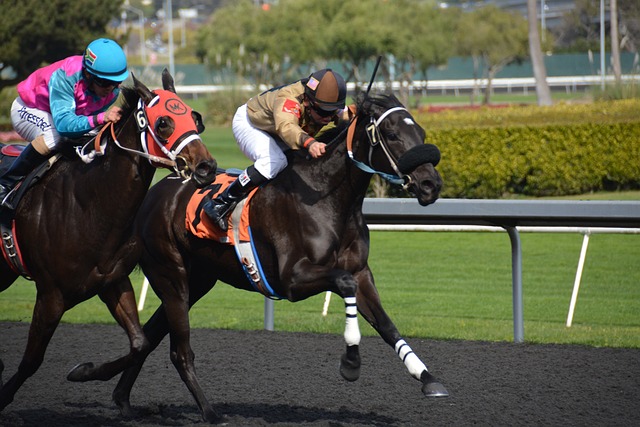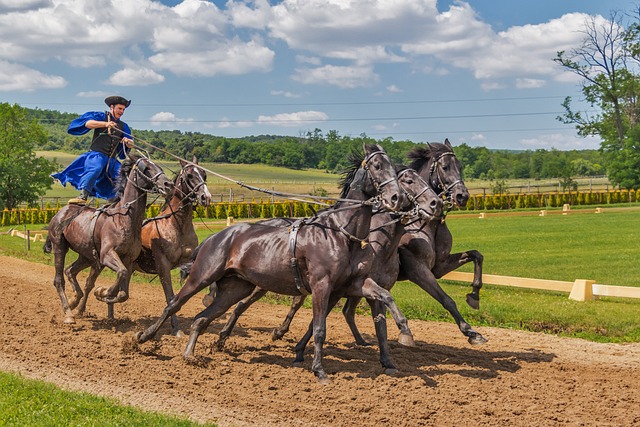Fantasy sports and traditional sports betting are two of the most popular ways to add excitement to live games—but they are not the same thing. While both involve real sports and potential money wins, the structure, strategy, and risk level vary significantly. Some players love building fantasy rosters week after week, while others prefer the thrill of betting on a single game or outcome. In this article, we break down the main differences between fantasy sports and sports betting, helping you decide which form of play is right for you.
Gameplay Structure: Team Building vs Straight Wagers
The biggest difference between fantasy sports and sports betting lies in how you play.
In fantasy sports, especially in daily fantasy sports (DFS) or season-long leagues, you create a virtual team of real players. Points are earned based on how those players perform in actual games—touchdowns, goals, assists, rebounds, etc. You compete against other players’ fantasy teams, and the goal is to accumulate the highest score based on your roster’s collective performance.
In contrast, sports betting is far more straightforward. You place a wager on a specific event or outcome—who will win, how many points will be scored, or even specific player stats. Each bet is independent, and your profit or loss depends directly on the outcome of the real-life event you wagered on.
Skill vs Luck: Where Strategy Plays a Bigger Role

Both fantasy sports and sports betting involve a mix of skill and chance, but they differ in how much control you have.
Fantasy sports tends to reward players who are strategically minded, especially over the long term. Success depends on:
- Drafting well
- Managing injuries
- Analyzing player performance trends
- Making weekly roster decisions
Over time, skilled fantasy players consistently outperform casuals, particularly in large contests or season-long leagues.
Sports betting, on the other hand, is heavily influenced by odds, variance, and market efficiency. While research and statistical analysis can give you an edge, it’s also easier for luck to swing results—especially on single bets. That’s why many successful sports bettors focus on value betting and bankroll management.
Risk and Reward: Payouts and Variance
When it comes to risk, sports betting often carries more immediate volatility. You could win big on a single bet or lose your entire stake in minutes. That’s part of the thrill—but also the danger.
Fantasy sports generally have a lower-risk structure, especially in salary cap contests or leagues with entry fees. The payout structure is tiered, meaning multiple players win part of the prize pool. While top prizes in big DFS contests can be huge, it often takes consistent placement to turn a real profit.
In fantasy sports, your fate is also spread across multiple players and games, reducing the impact of a single bad performance. In contrast, a single mistake—or missed penalty—in sports betting can cost you the whole bet.
Social Element and Engagement
Fantasy sports have a strong community aspect. Many players join leagues with friends, draft teams live, and engage in weekly banter. It creates a long-term connection to the sport and encourages deep engagement across many teams and players.
Sports betting is usually more individualistic. While some fans enjoy talking bets with friends, most wagers are made solo. The emotional engagement is typically tied to specific games or teams, rather than the broader league.
Fantasy players often follow multiple games at once to track their roster, while bettors might be locked into one match they have money riding on.
Legality and Accessibility

The legality of both fantasy sports and sports betting varies by country and state. In the U.S., for example:
- Fantasy sports (particularly DFS) are legal in most states
- Sports betting is now legal in many states—but not all
Outside the U.S., laws differ greatly. In Europe, sports betting is widely regulated and accessible, while fantasy sports are less prominent. Always check local laws before participating.
Conclusion: Which One Is Right for You?
Fantasy sports and sports betting offer very different experiences. If you enjoy building teams, analyzing stats over time, and competing against others, fantasy sports might be your perfect match. If you’re drawn to the thrill of quick results, high-stakes decisions, and focused wagers, traditional sports betting may be more your style.
Whichever you choose, remember that both require discipline, knowledge, and responsible play. Whether it’s managing your fantasy roster or tracking betting odds, the key is to have fun—without letting the game play you.










